A lot of progress has been made when it comes to visibility on screen, but Hollywood still has a very long way to go in representation, especially when it comes to the people in charge of creating that media. The overwhelming majority of the entertainment industry is still very male, very straight, and very white. Although we've seen an increase of programming that centers narratives of women, people of color, queer people, and other often marginalized groups, the change taking over popular culture is still, for many, slow to come.
Maisie Richardson-Sellers, best known for playing not one but two roles in The CW's cult favorite DC Comics series Legends of Tomorrow, hopes to correct that.
The queer, 28-year-old, Guyanese-British actress is out to change Hollywood by being the kind of creator it needs -- one who is actively working to uplift and spotlight the voices that have been ignored for too long.
"We have to diversify Hollywood from the top down behind the camera before we will start to regularly see honest, complex, positive, diverse representation and storytelling," says Richardson-Sellers, who holds two degrees from Oxford and grew up surrounded by the arts as the child of two actors.
Currently studying filmmaking, Richardson-Sellers just launched her own production company, Barefaced Productions, and spoke with Out about what she hopes to accomplish in the upcoming years as someone who also calls the shots behind the camera.
"The power of representation to inspire, heal, and challenge is endless," she says.
Post-Legends of Tomorrow (don't worry, she's not giving up acting--in fact, she's set to star in the sequel to Netflix's hugely popular teen rom-com The Kissing Booth), Richardson-Sellers is using her platform for activism and becoming the kind of artist the next generation of aspiring creatives can look up to.
As a queer woman of color, how have you been interacting with the conversations surrounding injustice and inequality?
There is so much injustice, violence, and inequality being experienced by our global community, especially by Black trans individuals, so I have been trying to find the ways that I can best be of use.
How did you celebrate Pride?
I've been using Pride season to educate myself and listen to the experiences and needs of the most at-risk members of the LGBTQIA+ community. I have been financially supporting and learning from several incredible organizations that work tirelessly to fight for the equality and safety of our siblings across the U.S. and the U.K., as well as the Triangle Project in South Africa. It is easy to feel powerless when faced with such large-scale systematic injustice, but remember, every great social movement throughout history started with a small group of people deciding that enough was enough.
Your activism is a part of your online presence. Can you speak about using your platform as an actress and creator for important causes? More and more, fans expect celebrities to be vocal in advocating for social change.
To me it is a necessity. In my own life all I want to discuss is what is going on in the world. I don't have an interest in small talk, and so I think that reflects in the way I interact [on] social media. To have the privilege of having a platform and then not using it to highlight topical issues and movements feels irresponsible. In the words of Toni Morrison, "The function of freedom is to free someone else."
Besides being an accomplished actress, you also have multiple degrees from Oxford! Can you talk about your career trajectory, and how it has evolved since the days you were in school?
I have always been intrigued by the theatre. Both my parents are actors, so I spent much of my free time growing up in rehearsal spaces and dressing rooms, and I learned the power of storytelling from a young age. That seed was constantly watered by the plays I would see and read. Stepping into the shoes and skin of someone with a completely different life experience to you and bringing them to life in a way that can enable an audience to question and challenge preconceived notions is magical.
Simultaneously, I was lucky enough to go to a fantastic school where learning was an enriching, exciting experience. The moment I learned what anthropology and archeology were, I was hooked, and so I decided to study them at Oxford. Studying the evolution and diversity of human cultures from the dawn of humanity also feeds into the character work and ideas that I have when acting and directing. At Oxford, I performed in and directed several plays, and my agent happened to be in the audience for one of those, which led to the start of my professional acting career. The arts and education have always been intertwined for me, and I have a couple anthropological documentaries ideas up my sleeve, so the symbiosis shall continue!
When you were younger, did you ever think you would be doing what you're doing now?
I always dreamed of using art as a tool to help heal the world. But when I was a child I also considered being a farmer, a vet, and then later, a human rights lawyer and an anthropological advisor to the U.N., so I always kept my options open!
What can you tell me about your role, Chloe, in Netflix's highly-anticipated sequel to The Kissing Booth?
Chloe has traveled the world living in countries such as Zimbabwe and Italy, and is confident, bubbly and a social butterfly. She lives for the moment, will whip anyone at pool--which meant daily pool lessons for me, a dream come true--and becomes best friends with Noah when they're both studying at Harvard. Elle is instantly suspicious of their close relationship...but you'll have to watch the film to see if her suspicions are warranted or not!
Were you a fan of the first movie? Why do you think it was one of the most watched and re-watched movies on Netflix?
When I first watched it, I remember my cheeks hurting because I had been smiling the whole way through. It is such a feel-good, nostalgic film that doesn't lean as much into idealism as many other high school rom-coms do. Instead it celebrates quirky individualism and has such believable, relatable characters.
You played Amaya and Charlie (the pansexual, gender-fluid shapeshifter) in the popular Arrowverse TV series Legends of Tomorrow, which just wrapped its fifth season on The CW. Which parts of your characters are most like you in real life?
Amaya and Charlie could not be more different, which was such a gift to play on the same show. Both of them are extremes. Amaya is by the book with rock solid morals and puts her team before everything else, whereas Charlie is the eternal troublemaker who lives for chaos and individual expression. I'd say I share Amaya's moral compass and passion for justice, but I also have a dash of Charlie's wild spirit and have been known to be the instigator in my friendship groups--just sometimes.
You won't be returning to Legends of Tomorrow for season 6. Can you talk about that decision, and how you came to it?
Legends has been such an incredible part of my life these past four years, and many of the cast and crew have become family. It was an extremely hard decision to make, but I want to pour my energy into directing and creating original content, and in the filming schedule there simply wasn't enough time to do both. But if the team ever needs Charlie or Amaya's help on a mission, I'll be there in a heartbeat.
There's been a lot of talk about LGBTQ+ visibility and representation on-screen, but in order for real change there also needs to be more equity and representation behind the camera as well.
Definitely. We have to diversify Hollywood from the top down behind the camera before we will start to regularly see honest, complex, positive, diverse representation and storytelling. I spent years combing through content trying to find stories that showed [people of color] and LGBTQ+ stories in powerful, intimate and unique ways, and eventually I got tired of how few and far between they were. I have been fortunate to travel a lot, and I have met people from such a range of backgrounds and with mind-blowing stories and experiences that we could learn so much from.
I decided to start up my production company, Barefaced Productions, to facilitate the creation of stories told by and about marginalized individuals. The power of representation to inspire, heal, and challenge is endless. We have a couple of very exciting projects in development, and we just finished our first short film, Sunday's Child, which I am so proud of. It follows a queer Black woman along her journey to self-acceptance.
What kinds of projects do you want to work on? Who are some of your role models?
I love doing projects like The Kissing Booth and Legends that provide comfort and solace in this unpredictable and heavy world. But I also love creating and acting in projects that challenge the audience and the status quo. Barry Jenkins's Moonlight, is one of my all-time favorite films. The cinematography, the script, the acting, the journey--it is simply breathtaking. Dee Rees is a queer Black director who I hugely admire. Her first feature, Pariah, taught me so much about the use of color and shadows as storytelling tools in filmmaking. I also learned a lot about script writing from what is left unsaid in her scripts. In the "feel-good" realm, I recently really enjoyed The Half of It on Netflix, directed by a queer woman of color, Alice Wu. My mother, Joy Richardson, is the pinnacle of my acting inspiration. She so completely and passionately embodies every character she plays. I learn so much from my mother every time I see her perform.
Do you remember the first time you saw yourself represented on-screen?
The first time I felt anywhere near to being represented was by Bette Porter on The L Word when I was 15. To see a biracial, proudly out woman with a loving family and a kick ass career was deeply impactful, and that show was hugely influential on my journey to self-acceptance.
It would be the greatest honor to be able to inspire self-acceptance in others and to enable them to know the strength of their differences and that they are worthy of achieving any of their dreams. I wholeheartedly believe in the power of diverse, positive, representation, both in enabling underrepresented individuals to know that their stories matter, and also to instill understanding and compassion in those who are not exposed to diversity in their day-to-day lives.
Do you feel like you've found your place in the world?
I think that is a lifelong journey! To be constantly evolving, growing, shedding, and challenging is what keeps me motivated. The more I know, the more I realize how little I know, and the more people I meet, the more humbled I am in my humanity. Growing up, my differences often made me feel inferior, but now I know that they are my greatest strengths. To be lucky enough to be a part of such vibrant, resilient communities fills me with immense pride daily.


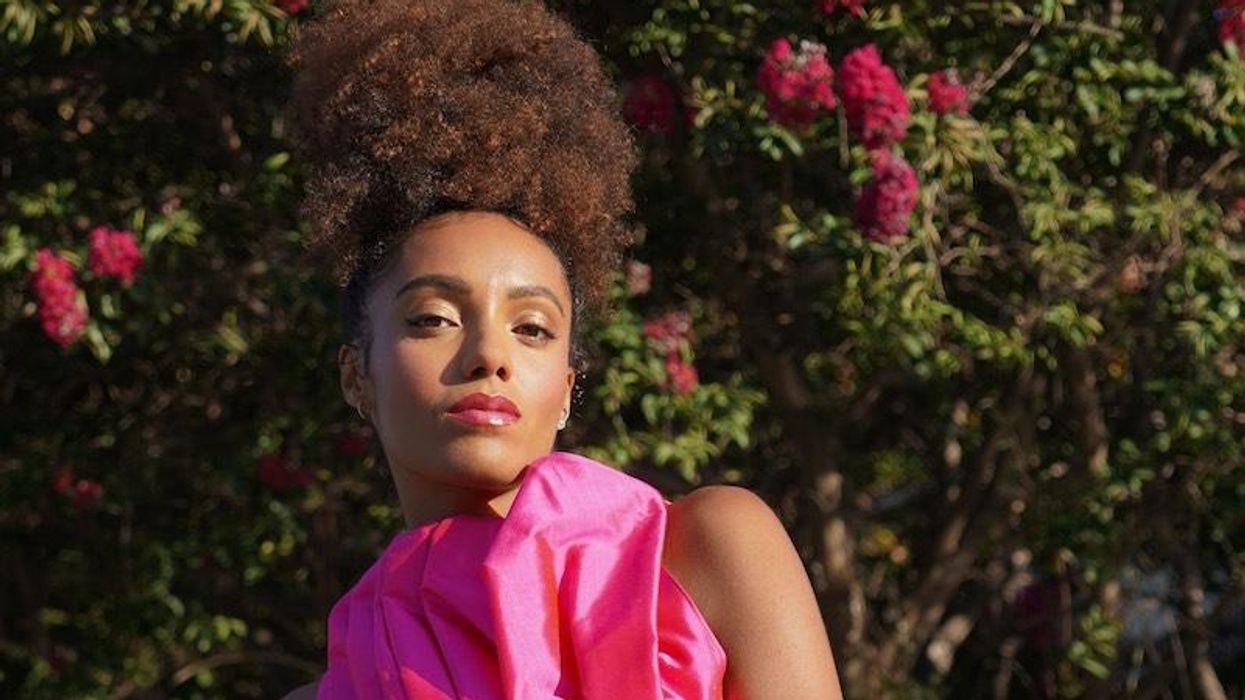

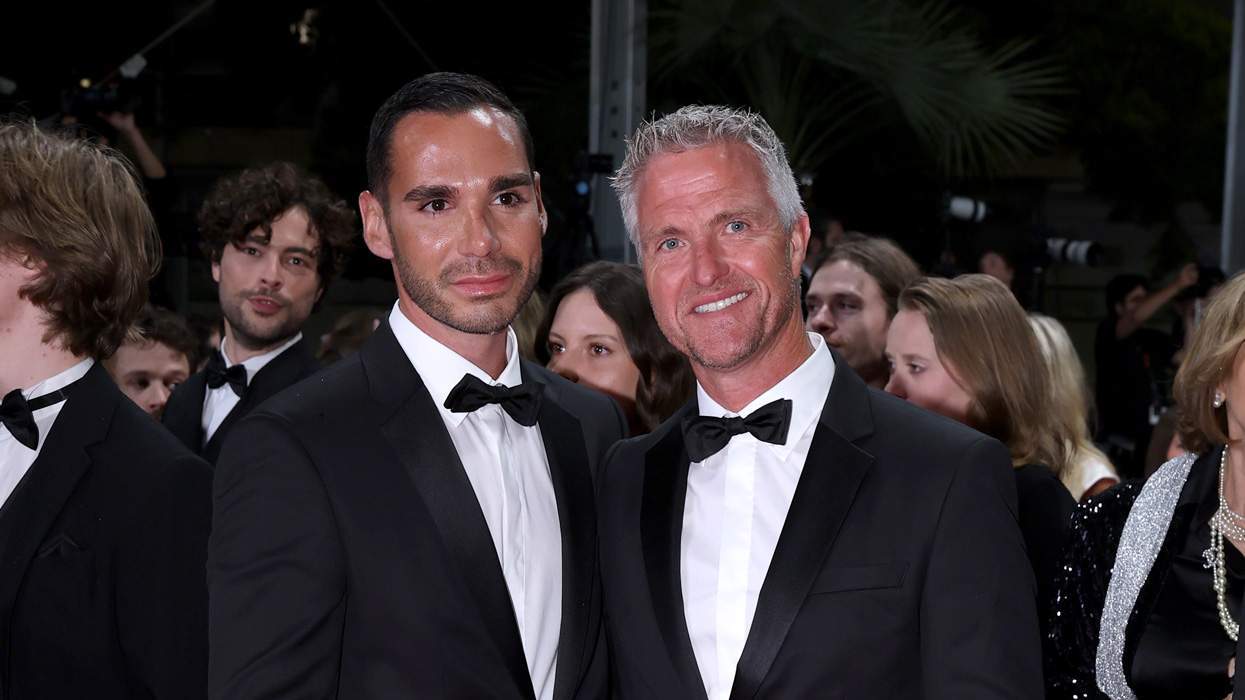


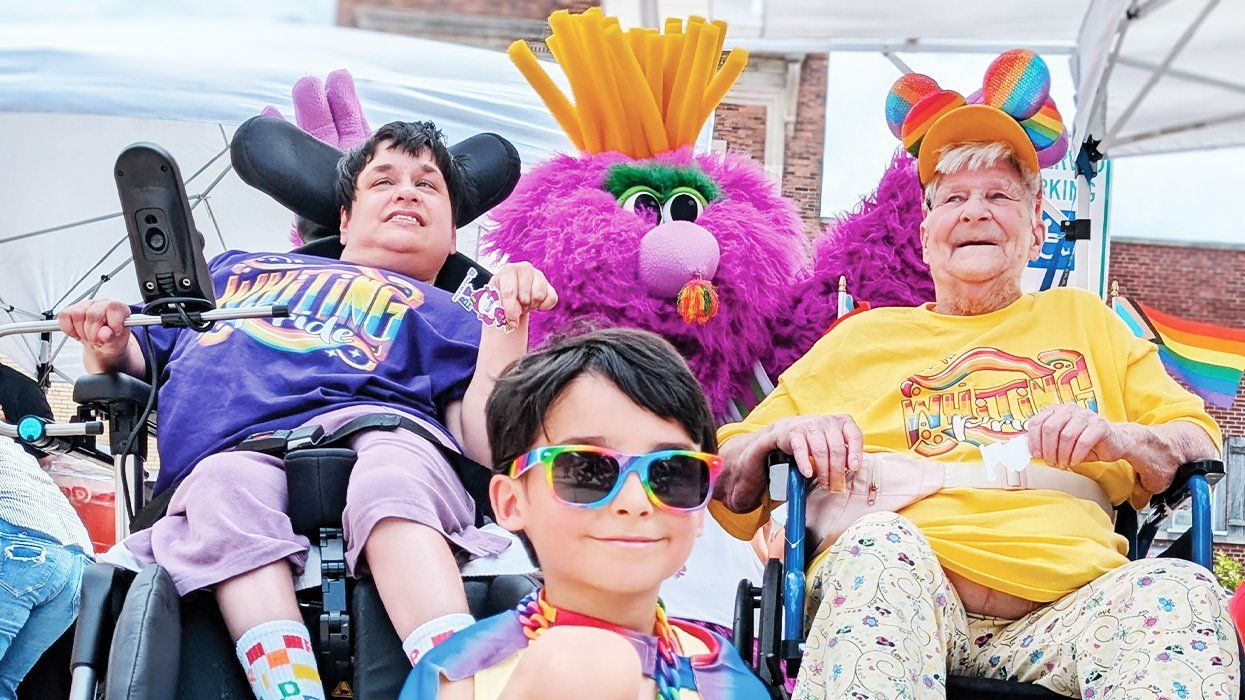
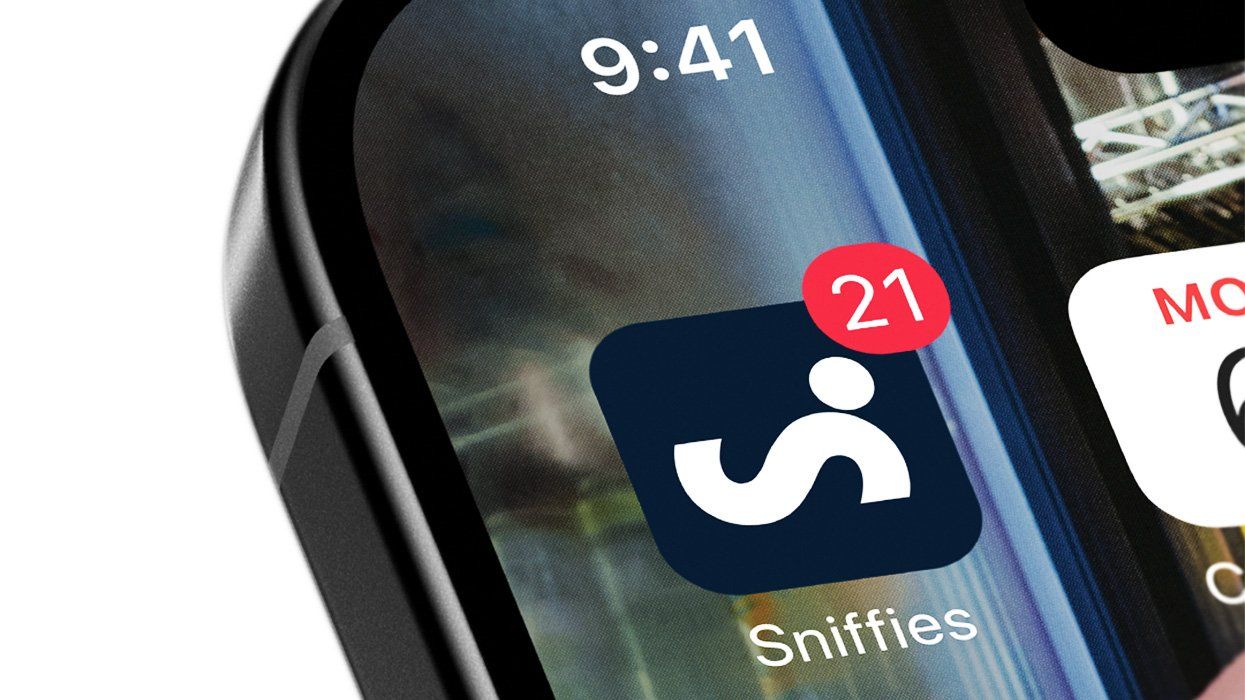

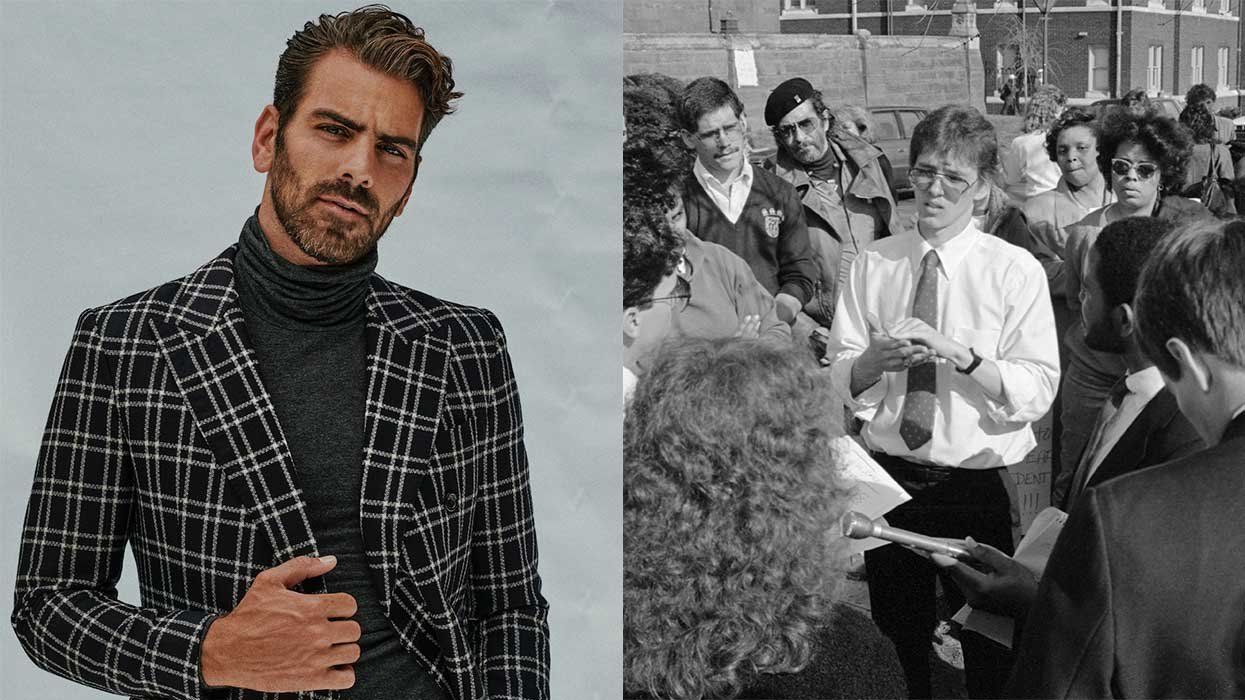
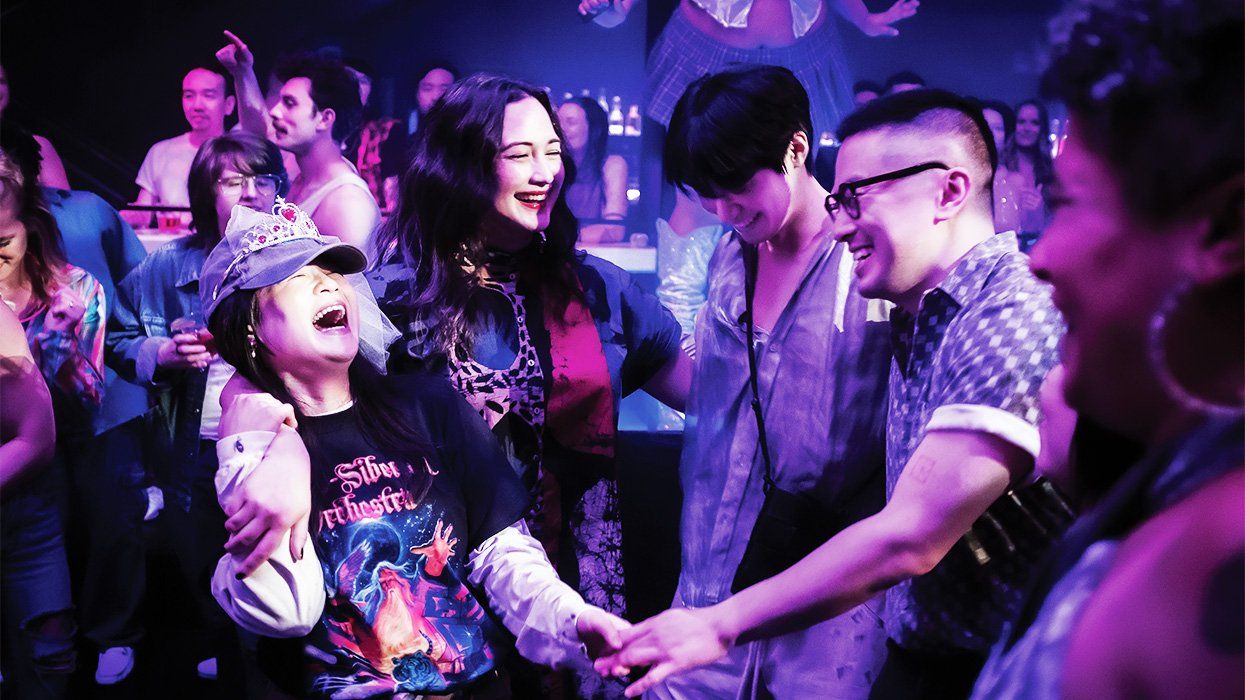
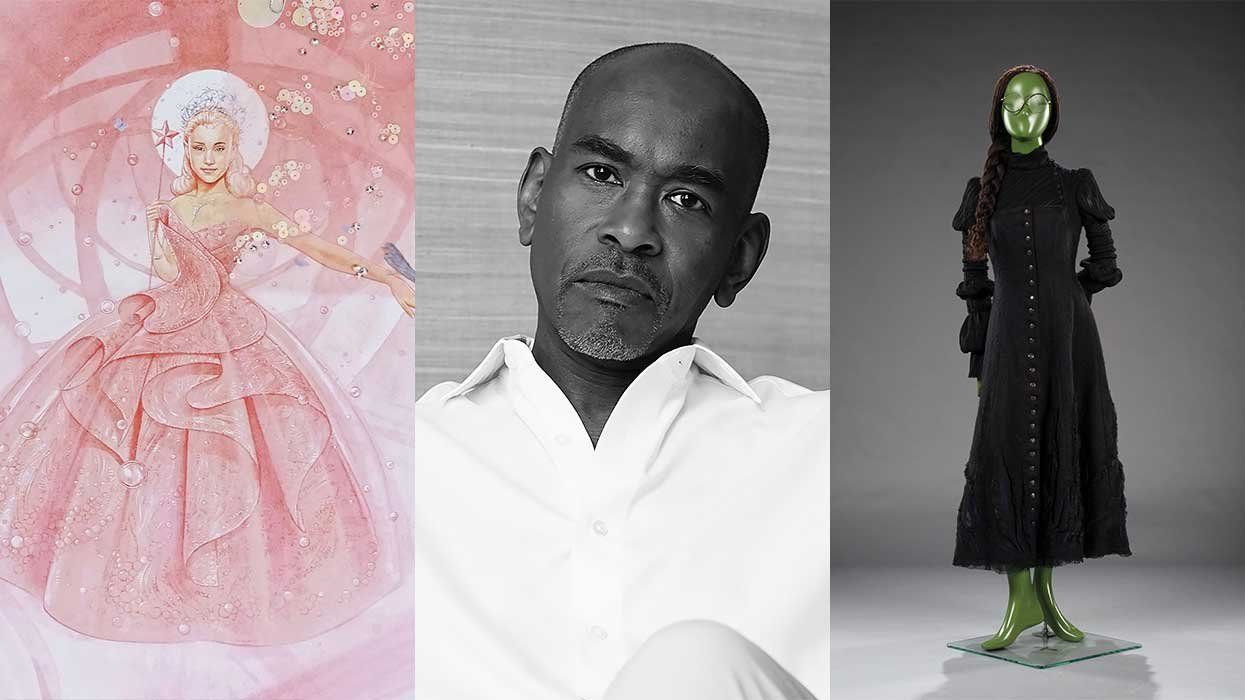






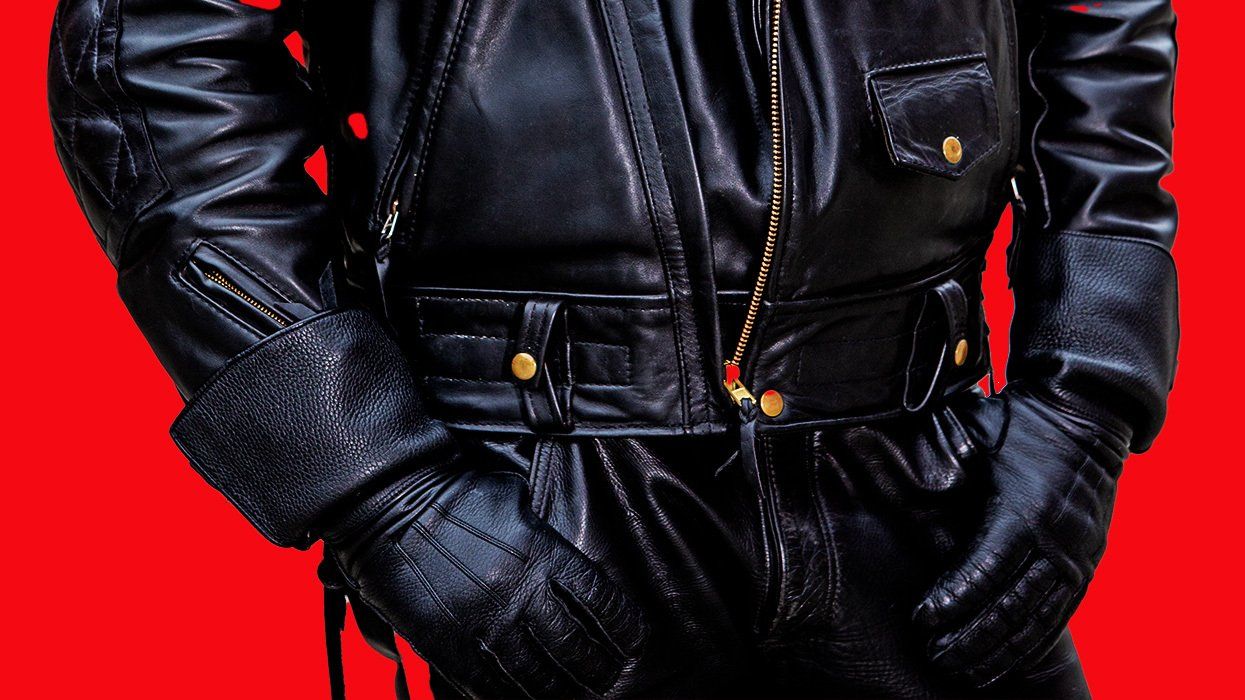
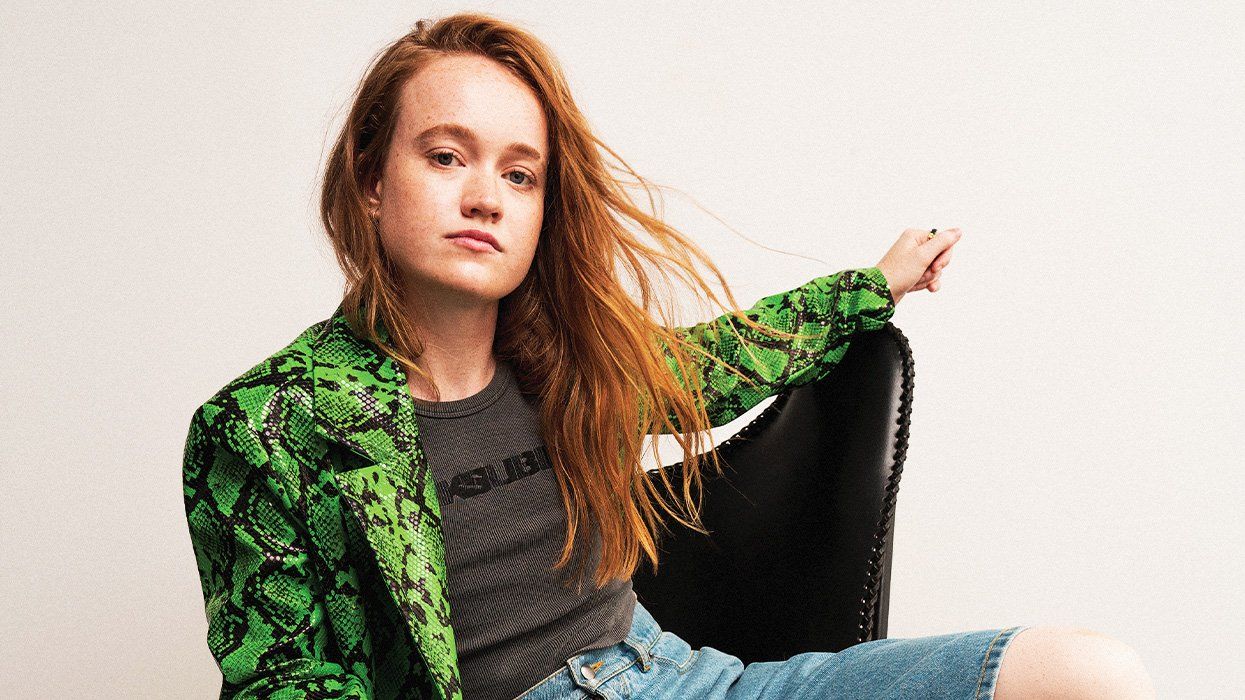
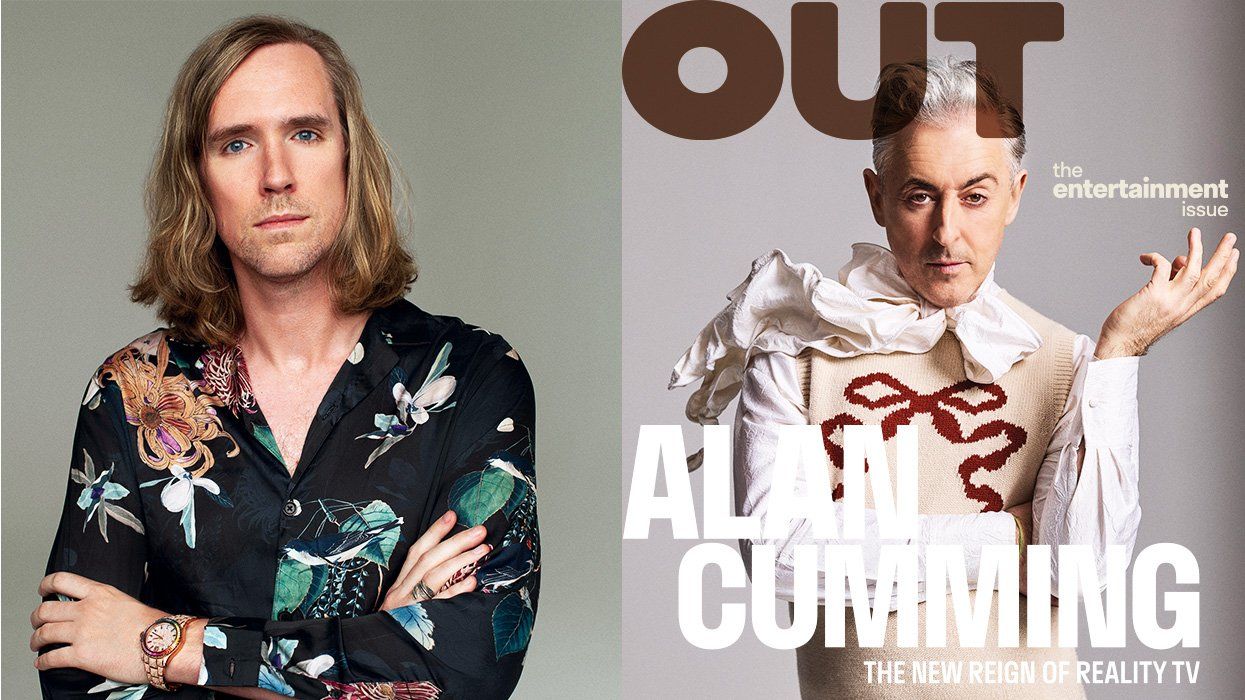
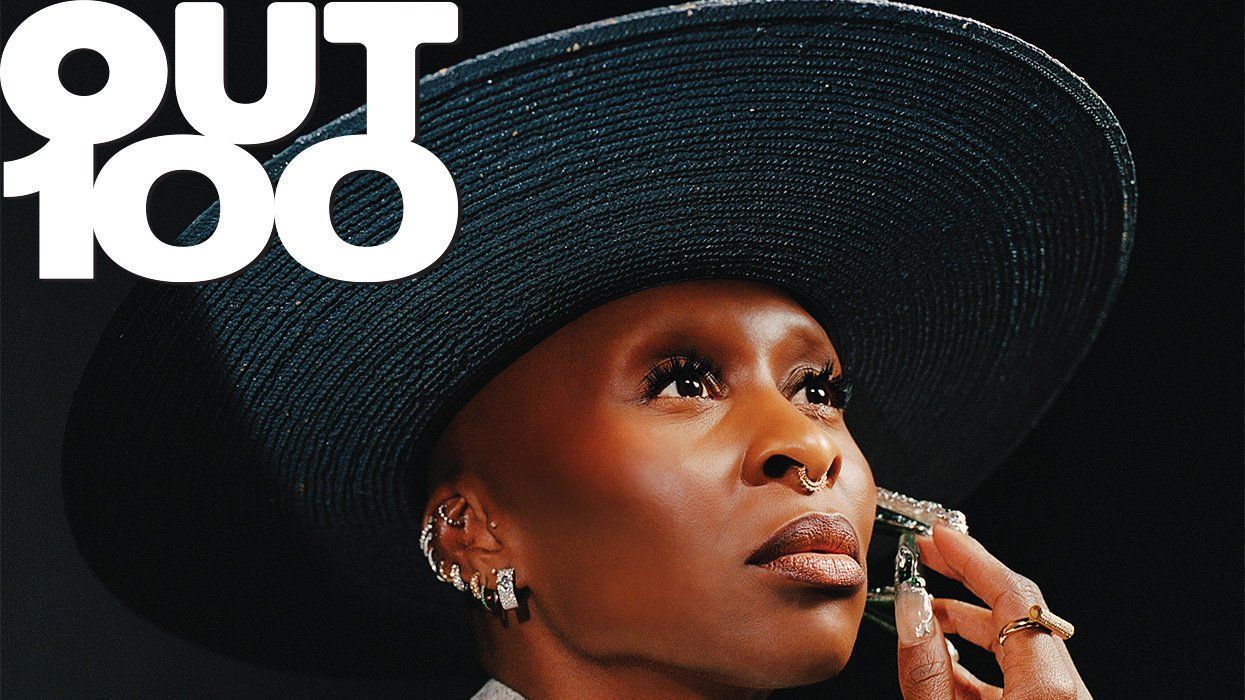
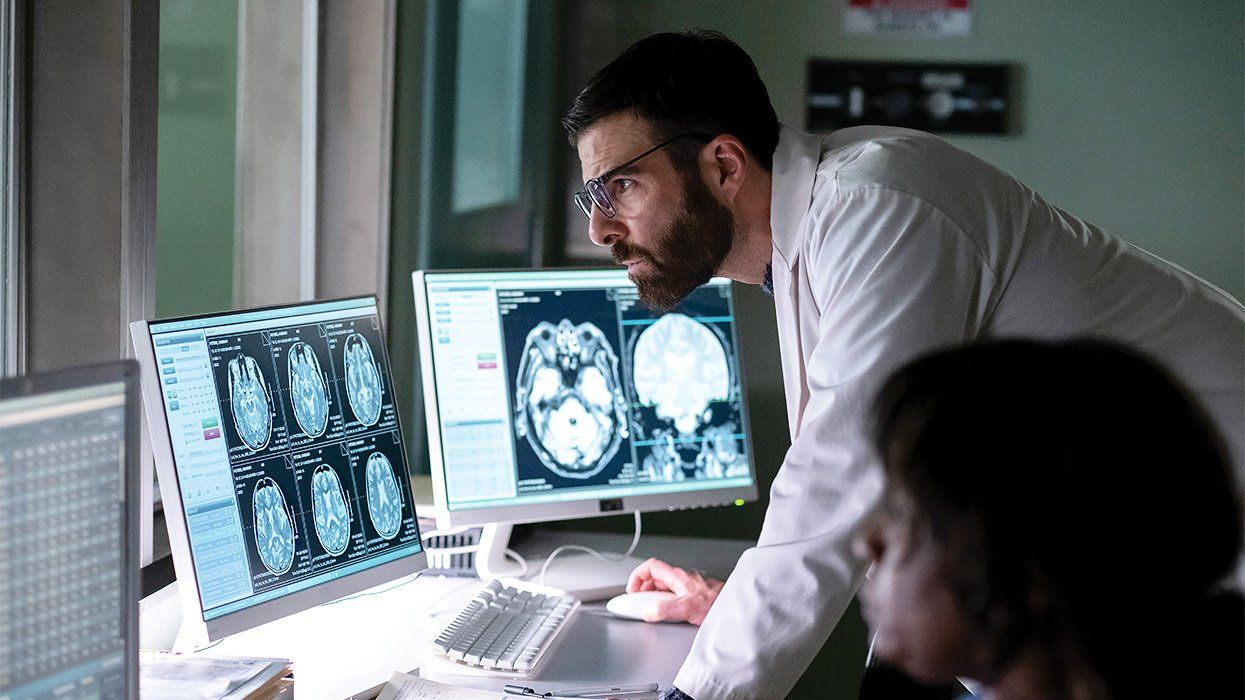
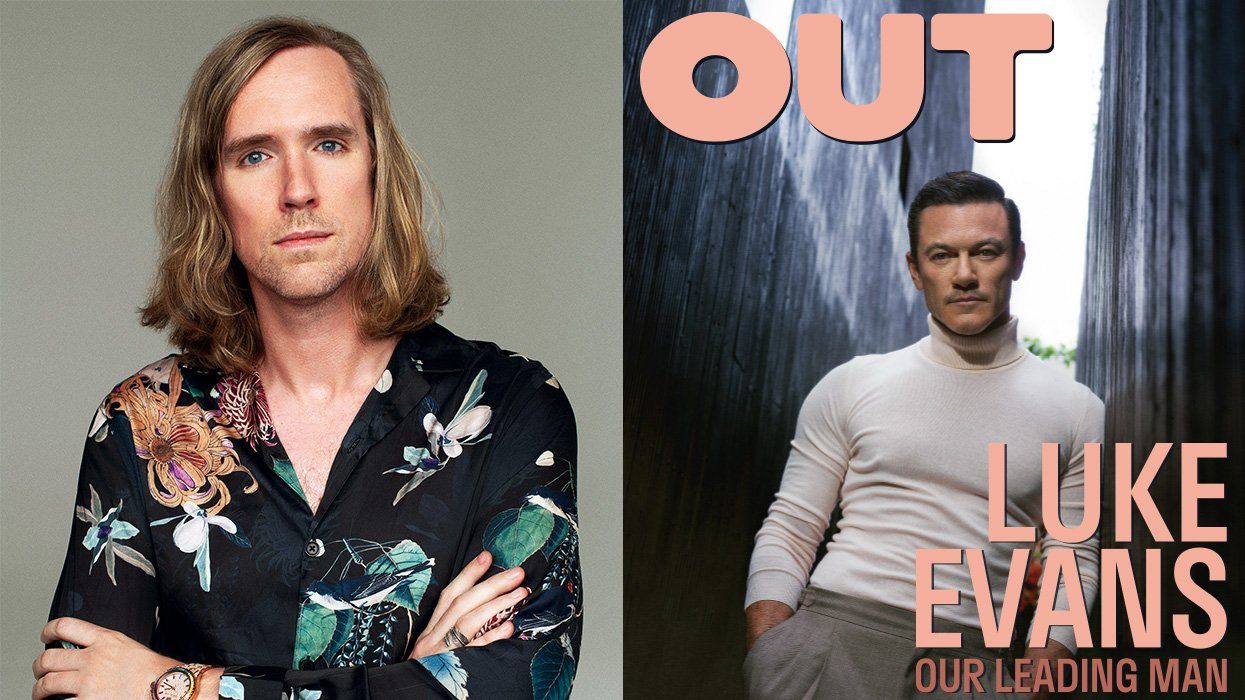
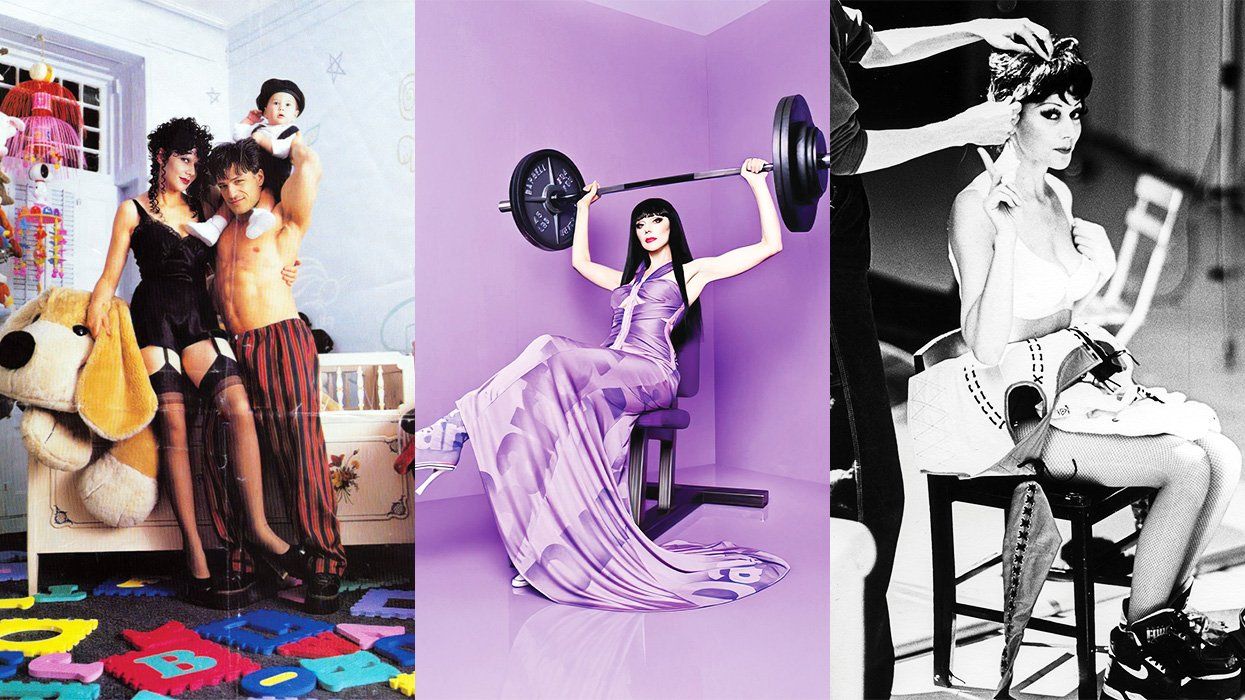
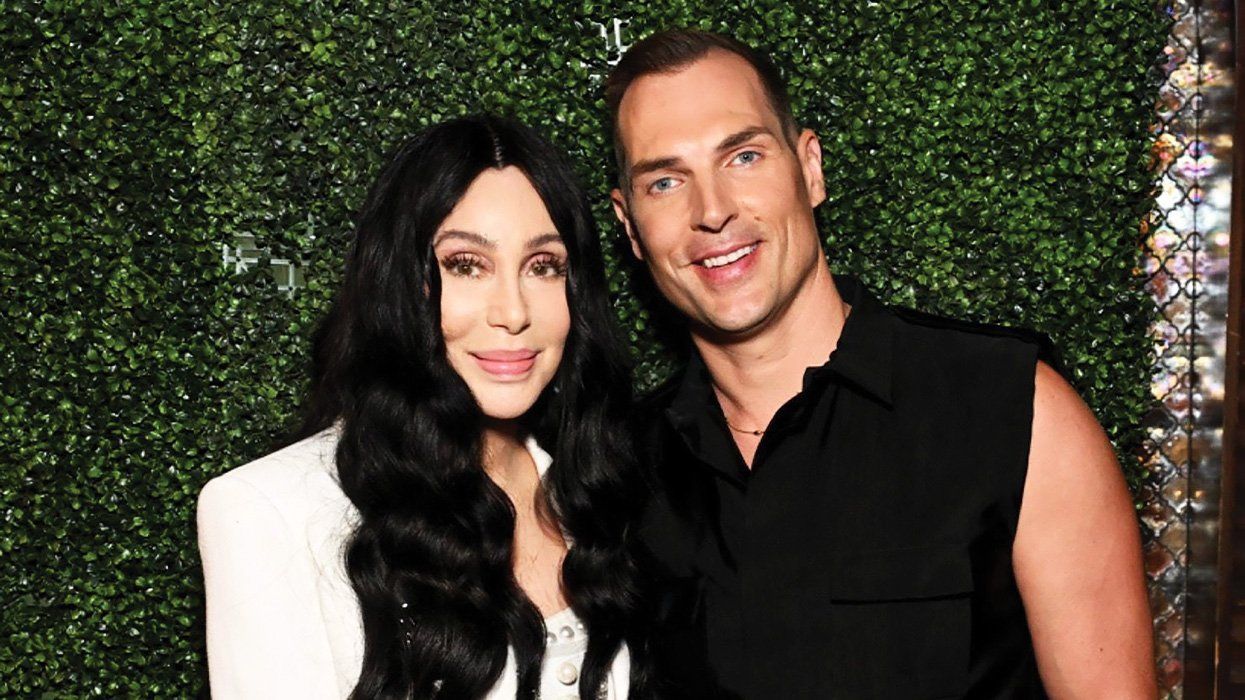

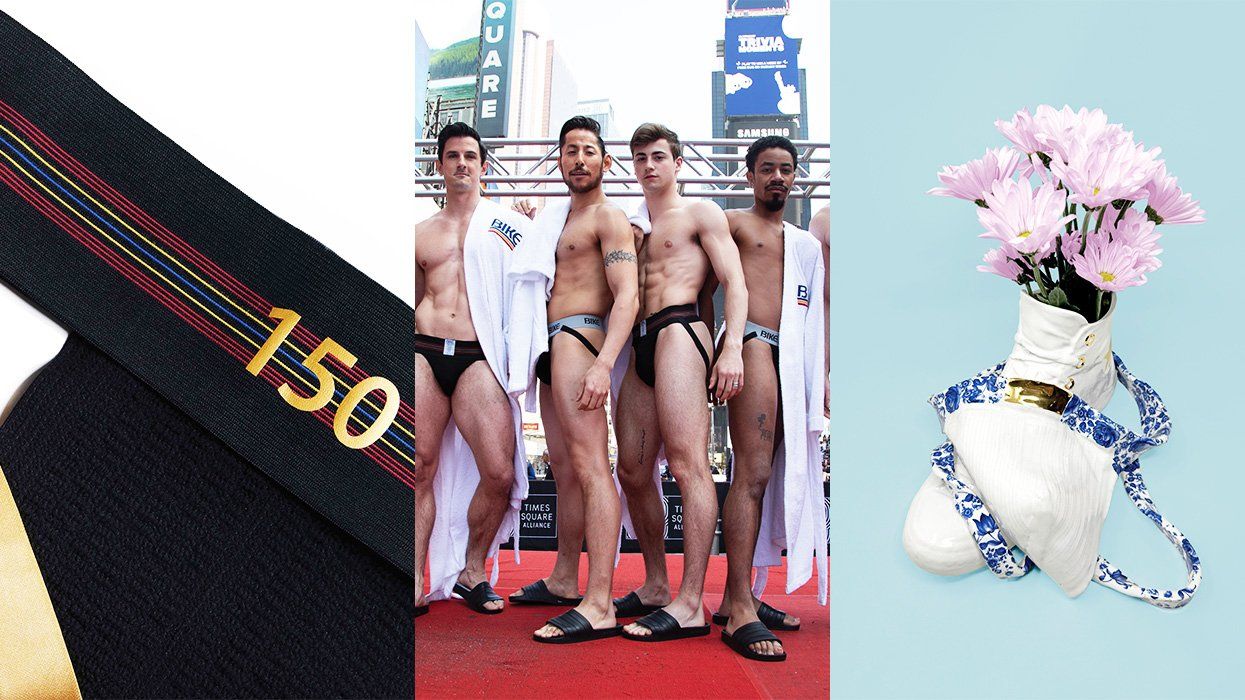
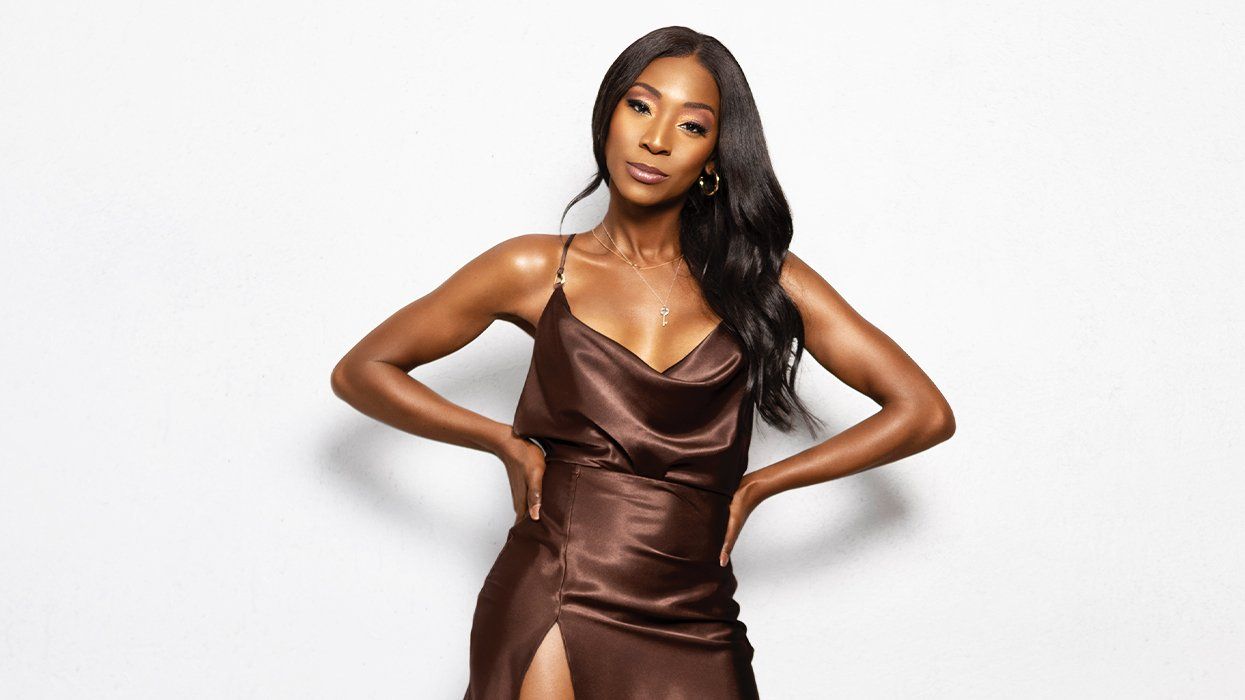
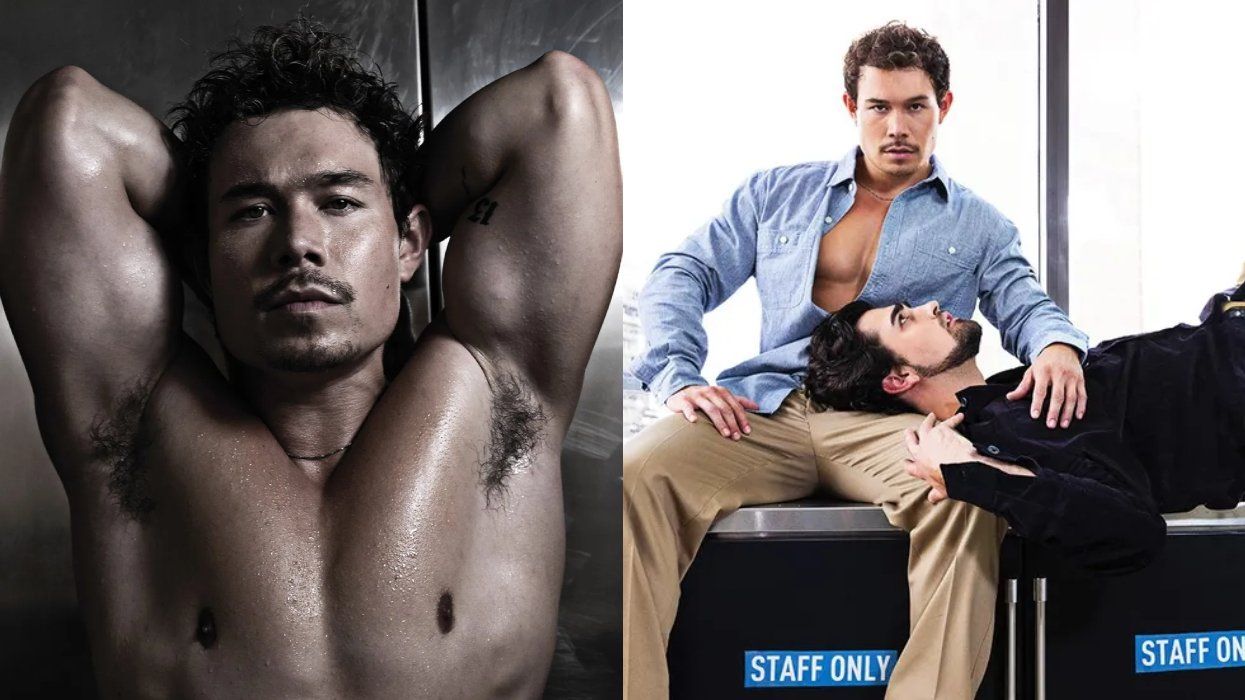
I watched the Kid Rock Turning Point USA halftime show so you don't have to
Opinion: "I have no problem with lip syncing, but you'd think the side that hates drag queens so much would have a little more shame about it," writes Ryan Adamczeski.